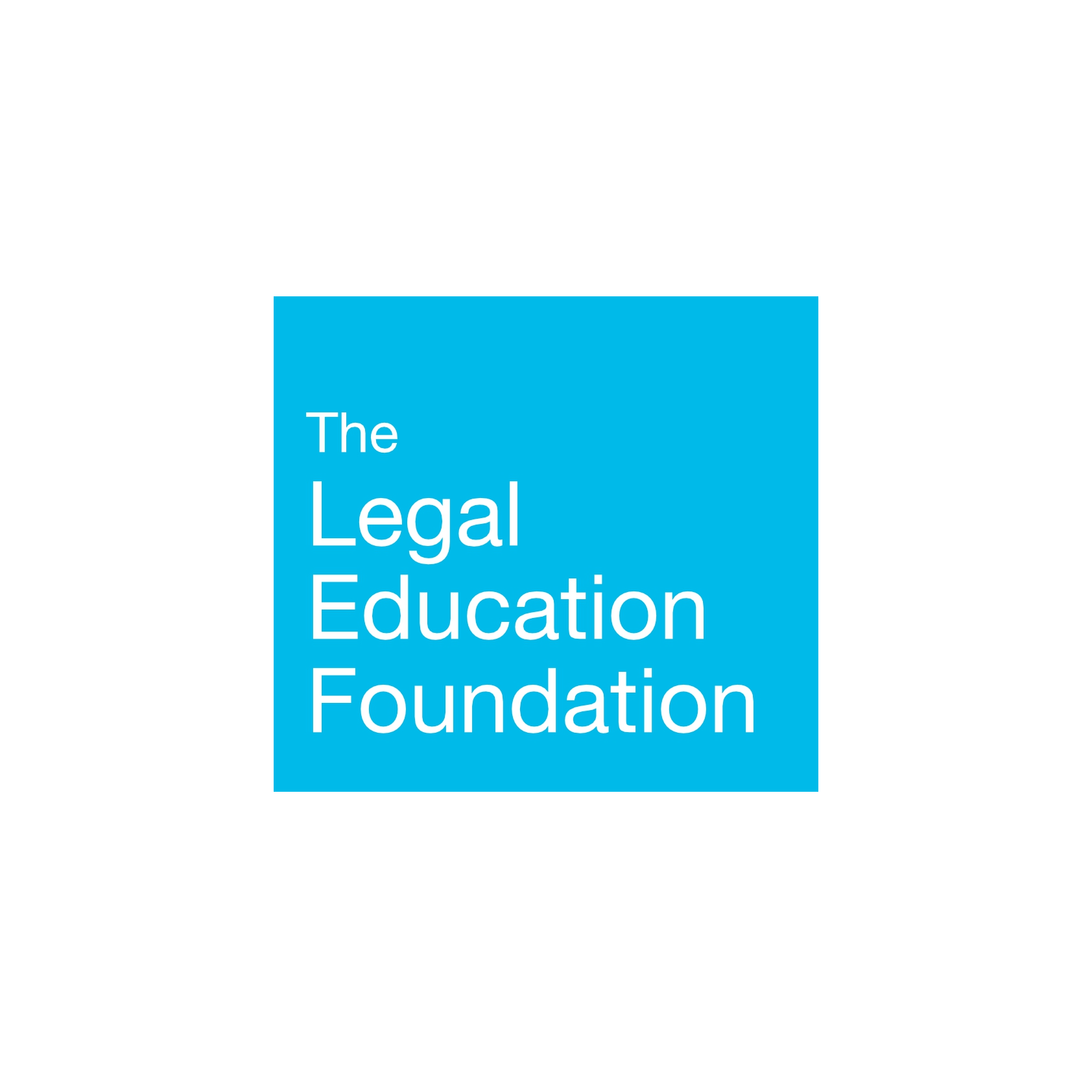The Legal Education Foundation (LEF), a Royal Charter charitable foundation whose charitable objectives are “to promote the advancement of legal education and the study of law in all its branches and the sound development and administration of law,” was created in 2012 with funds received from the £200m sale of its education and training operation, The College of Law.
The Foundation’s vision is of a just and fair society. It believes the law should be a tool for social justice. The Foundation operates a combination of open and proactive grant programmes, awarding from inception to the last financial year end, over £45m through 587 grants to over 220 organisations. The Foundation’s subsidiary has awarded £8m in grants over the same period. The principal source of funds for the Foundation are the returns on investments which currently stand at around £270m. In addition, the Foundation receives and distributes restricted grants from other organisations and has a charitable subsidiary (Justice Collaborations) whose principal source of funds is restricted grants from other charitable foundations and organisations. More information about the grants the Foundation has made since 2020 can be found here.
LEF has also developed and runs a set of initiatives tackling particular strategic challenges in the sector. These include the Justice First Fellowship, a scheme which was established in 2013 to support the next generation of social justice lawyers. The scheme has gone on to fund over 140 new social justice lawyers. Of the 88 Fellows that have completed, over 90% are successfully working as lawyers using law for public benefit.
There are three strategic objectives that are driving LEF’s work to 2025:
Stronger Sector: training and support for a thriving social justice legal sector
Fairer Systems: transparency, accountability and the protection of rights
Smarter Justice: an enduring commitment to learning and evidence in the justice system.
This is an exciting time to join the Foundation as work to develop its next five-year strategy from 2025-30 is underway. In its first ten years of operation, LEF has firmly established itself as a key body supporting the role of law as a tool for social justice in the UK. Trustees are passionate about consolidating and enhancing this role. They will be investing in the Foundation’s approaches to grantmaking, learning and influencing. LEF will particularly be looking to develop its approach to supporting the role of law to build power in communities that have been historically marginalised and oppressed.
